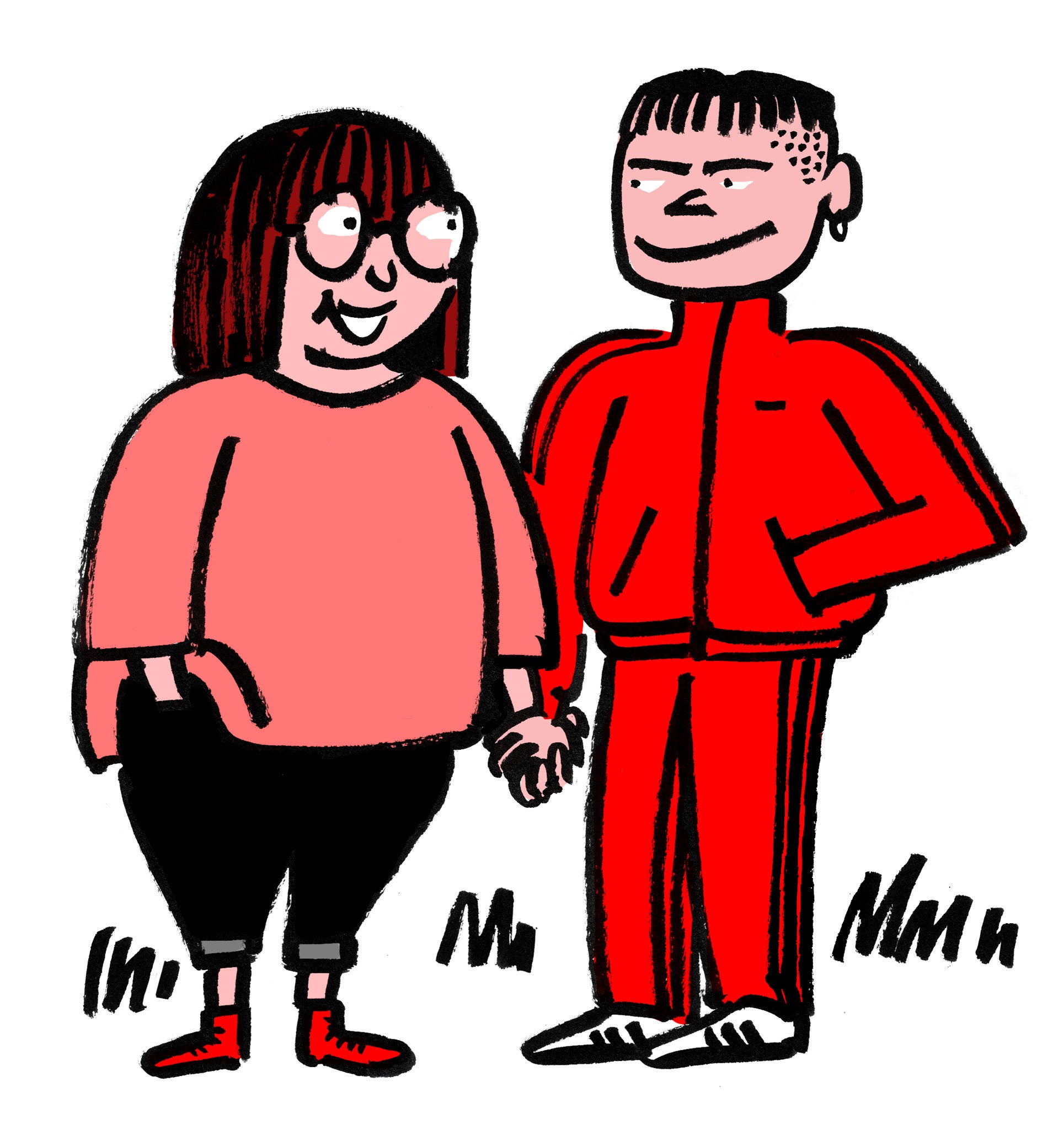Your support helps us to tell the story
From reproductive rights to climate change to Big Tech, The Independent is on the ground when the story is developing. Whether it's investigating the financials of Elon Musk's pro-Trump PAC or producing our latest documentary, 'The A Word', which shines a light on the American women fighting for reproductive rights, we know how important it is to parse out the facts from the messaging.
At such a critical moment in US history, we need reporters on the ground. Your donation allows us to keep sending journalists to speak to both sides of the story.
The Independent is trusted by Americans across the entire political spectrum. And unlike many other quality news outlets, we choose not to lock Americans out of our reporting and analysis with paywalls. We believe quality journalism should be available to everyone, paid for by those who can afford it.
Your support makes all the difference.The Broadhursts are one of those big, philoprogenitive "county" families – the county in question being Lincolnshire – of whom rather less fuss is made these days than used to be the case. Mrs B had her photograph taken for The Field once, standing on the steps of a stately home next to her husband-to-be and staring rather severely at a brace of dead pheasants. But that was 30 years ago and the clan's fortunes have waned in the meantime. Mr Broadhurst, who once peddled insurance at Lloyds, greeted the absence of a male heir with his usual stoicism ("Wouldn't have been much for him to inherit, anyway") and instead concentrated his energies on his daughters.
The first four of these were all of a piece: bright, bold, lissom girls who oozed charm and social adroitness as their father's bank account oozed debt. It could not be said that Lucy, the fifth, was an accident, but she certainly counted as an afterthought.
The sister nearest to her in age was seven at the time of her birth, and the ancient structures of Broadhurst child-rearing – nannies, nurseries, the search for exalted godparents – took some time to wheel back into place. Mrs B gave up the psychology class in which, greatly daring, she had enrolled, and noted with a sigh that her original stock of maternity dresses were all horribly out of date.
Similarly, it could not be said that Lucy's upbringing was in any way neglected (a marchioness hovered over the font at her christening, and the nanny who helped raise her came direct from Chatsworth); it was merely that family life had moved on. There was also a lot less money. And so the pony club, where her sisters had made the first of the friendships that would sustain them through their adolescent life, was exchanged for the Girl Guides, and boarding school for the "very good" village primary.
All this worked its inevitable effect. Aged 17 now, and – her mother can't help noticing – much less bright, bold and lissom than her predecessors, Lucy attends a technical college three days a week, helps out at the local stable and has an uncouth boyfriend named Wayne. The Broadhursts have no idea what to do with her, and there are earnest conferences with her sisters (now working in art galleries or married to accountants) over possible careers. Mysteriously, Lucy seems perfectly happy.

Join our commenting forum
Join thought-provoking conversations, follow other Independent readers and see their replies
Comments